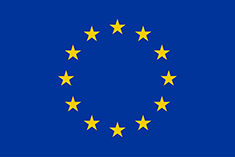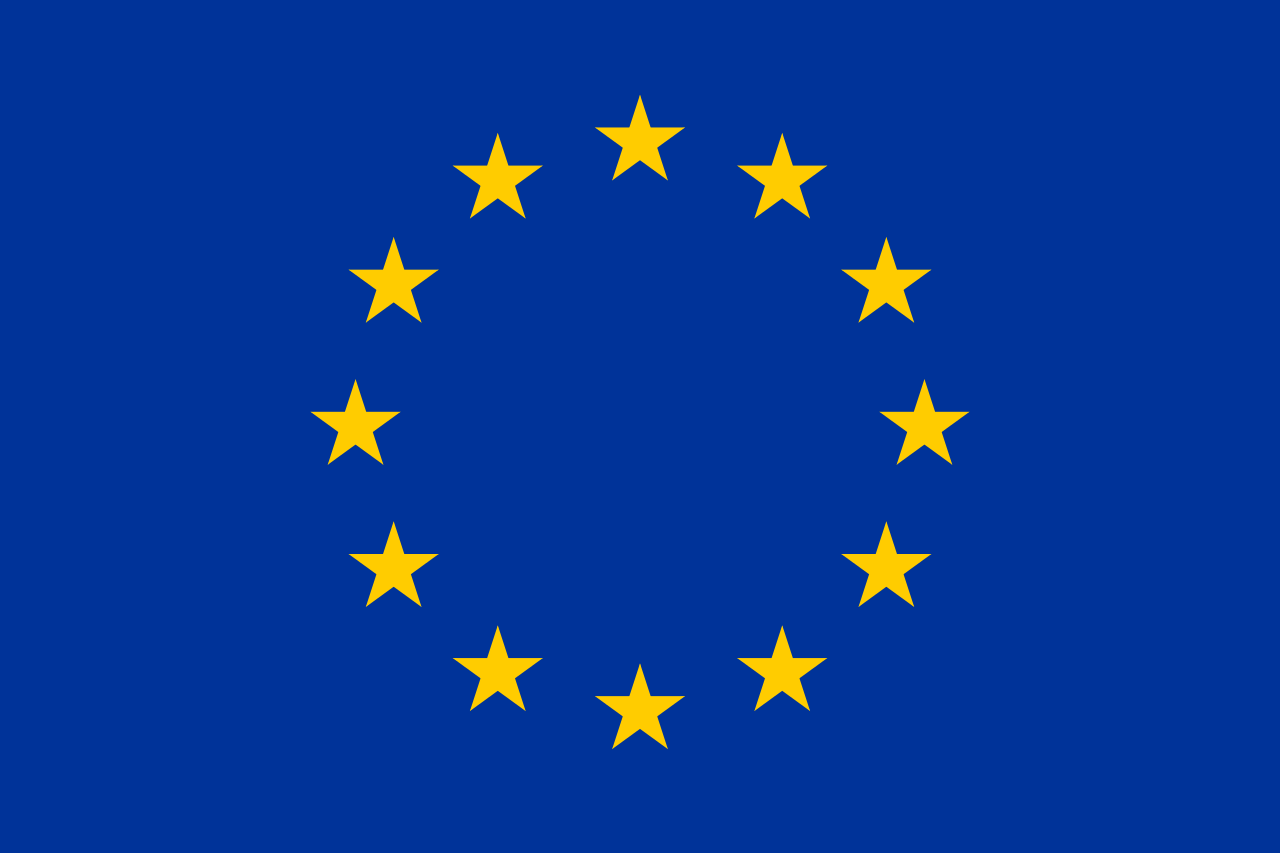
ean Monnet Networks have as a goal to assist in the creation and development of consortia in the area of EU studies in order to gather information, exchange practices, build knowledge and promote EU integration. MIGRATE aims to create a trans-European forum for debate and dialogue and build a network of researchers, with expertise in EU Integration, Western Balkans Integration, Migration, Political Economy, Sociology, Law, Politics and Economics. The project focuses on EU integration processes through investigating the impact of the on-going post-2014 migrant crisis on these processes as a trigger-event of instability and transformation.

n recent months, the EU has moved into great uncertainty threatening to unravel some of the pillars of stability on the European continent. The crisis of liberal democracy and of compromise-based decision-making and cooperation at the EU level have created a groundswell of support for xenophobic, populist and anti-democratic politicians across the continent that are strongly opposed to the further widening and deepening of the EU, to the degree of observing reversal secessionist tendencies, like in the case of ‘Brexit’. The migrant crisis, has demonstrated that the degree of integration and solidarity among EU members is not as deep and complete as expected, bolstering the already existing financial and socio-political crises. Reluctance to share sovereignty has become evident especially in some newer EU member states. This has in turn led to a demise in the credibility of the EU and its institutions.

IGRATE seeks to explore how the migrant crisis affects the future of the integration process in the EU by examining the transit and destination countries of the so called ‘Balkan Corridor’, including Turkey, Greece, FYR Macedonia, Serbia and Hungary as transit countries and Germany and the UK as destination countries. The case studies analysed will present the multifaceted approaches towards the process of enlargement and deepening and how they have been affected by the post-2014 migrant/refugee crisis, through the lens of the aforementioned different countries. The case of the United Kingdom’s ‘Brexit’ is included as an expression of the disintegration effects that these developments could potentially have on the EU’s future, i.e. not only hampering further integration, but also fostering tendencies towards disintegration and secession. Germany is used as an example of a destination country being at the core of the decision making process in the EU, where one can see the degree to which it follows a different approach from the one followed by the UK in terms of policies on migration and EU integration.



